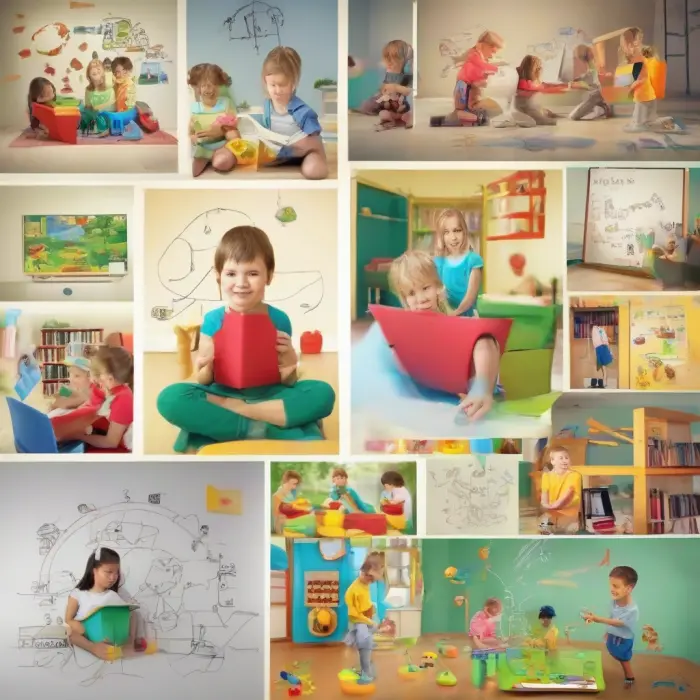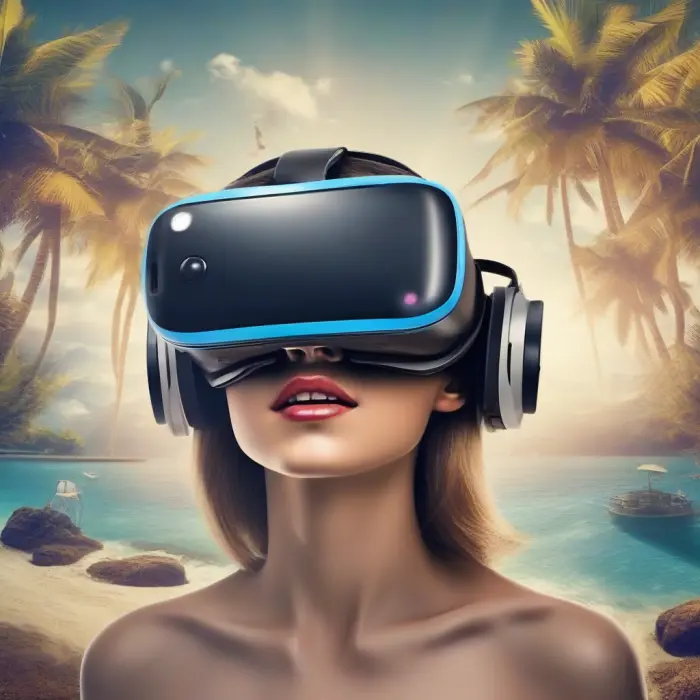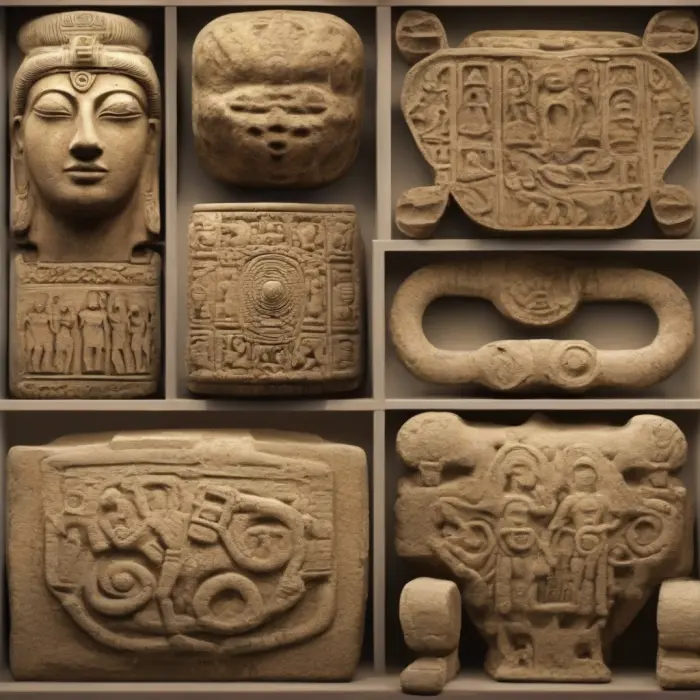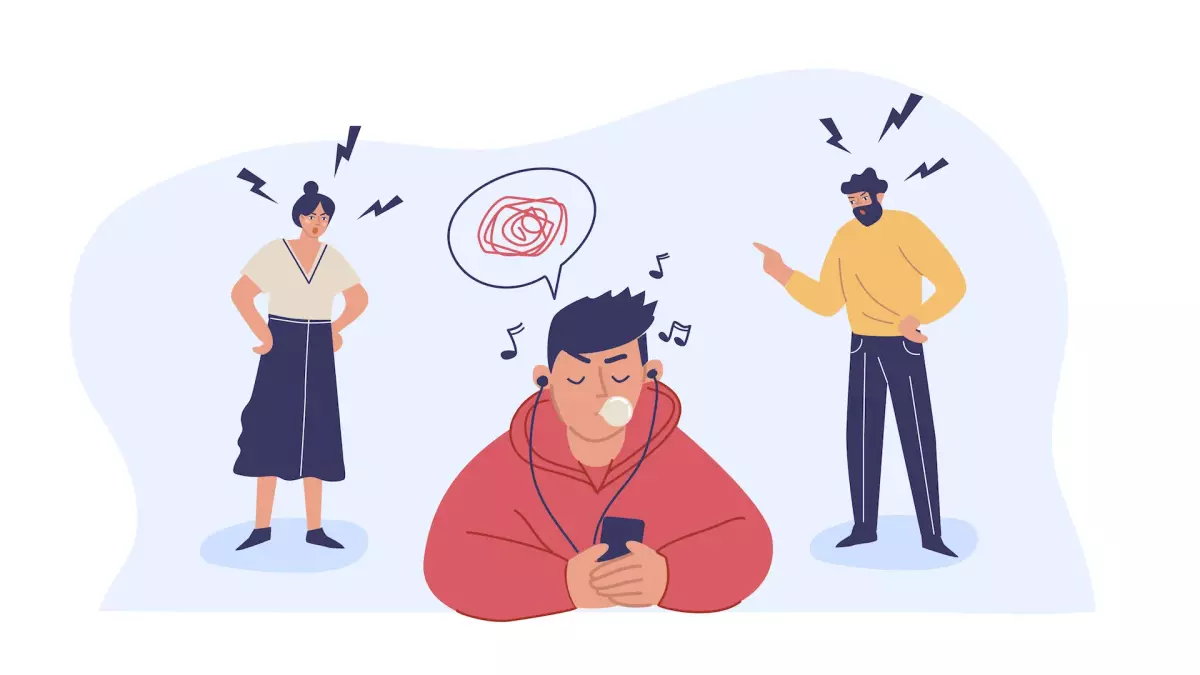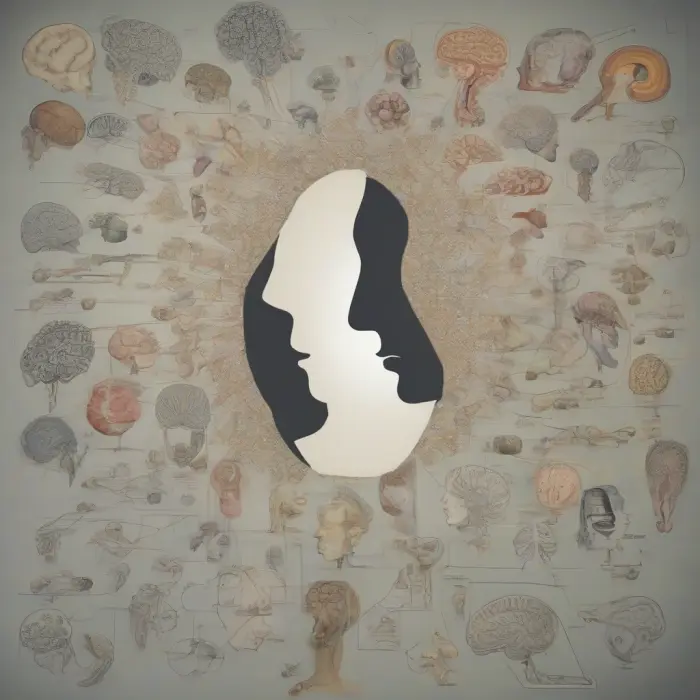The Unexplained Mystery of Artificial Intelligence: Facts and Myths
Artificial Intelligence (AI), with its profound potential to transform our lives, societies, and the world at large, is surrounded by a shroud of mystique and ambiguity. AI has raised various questions, generated excited debates, and triggered a blend of enthusiasm and skepticism. With its aura of enigma, AI has created numerous myths that are frequently entwined with facts. But what is artificial intelligence indeed, and what are these so-called unexplained mysteries? This article will delve deep into some AI facts and dispel a few prevalent myths.
Fact: Artificial Intelligence is not New
Contrary to popular belief, Artificial Intelligence is not a concept that emerged recently. The seeds of AI were actually sown in the mid-20th century. The term "Artificial Intelligence" was first coined in 1956, at the Dartmouth Conference. The goal of AI back then, remains the same today, to create machines that are capable of performing tasks that would require human intelligence such as problem-solving, learning, planning and understanding natural language.
Myth: AI will replace Humans
The most ubiquitous fear associated with AI is that it will soon replace humans in every field, causing massive unemployment. Although AI is indeed optimizing processes and performing tasks more efficiently in various sectors, its goal is not to replace humans in totality but rather to complement human skills, making things easier and more efficient.
Fact: Artificial Intelligence learns from Data
Artificial Intelligence, specifically machine learning algorithms, can learn from the data they are fed. Curriculum learning, reinforcement learning, supervised and unsupervised learning are different ways that AI can use to increase its knowledge and improve over time. This is the backbone of many technologies we use daily like search engines, recommendation systems, voice assistants etc.
Myth: AI can fully replicate human intelligence
While current AI technologies can imitate some aspects of human intelligence, the belief that AI can fully replicate human brain's ability is far from the truth. Note that despite its impressive capabilities, AI does not possess consciousness or emotions and lacks understanding of context unlike the human brain.
Fact: AI has Limitations
Despite great progress, artificial intelligence also has many limitations. For example, while machine-learning models are very good at recognizing patterns and making predictions based on them, they still rely highly on the data they are trained on. This means that they are as good or as bad as the data they learn from. AI can also struggle with tasks that humans find easy, like understanding sarcasm or common sense reasoning.
Myth: AI is an ethical entity
A common misconception is that AI systems themselves can be ethical or unethical. However, this is a myth. AI is neutral. It's the use of AI by humans that can be either ethical or unethical depending on the intention and the consequences.
Conclusion
Artificial intelligence is a powerful technology with potential to bring significant change. It's essential that as AI applications become more prevalent, we understand and separate the existing myths from facts, to shape the narrative of AI in a constructive and balanced manner. AI is here not to replicate or replace us, but to complement and assist us in pushing the boundaries of human intellect and technological capabilities.

